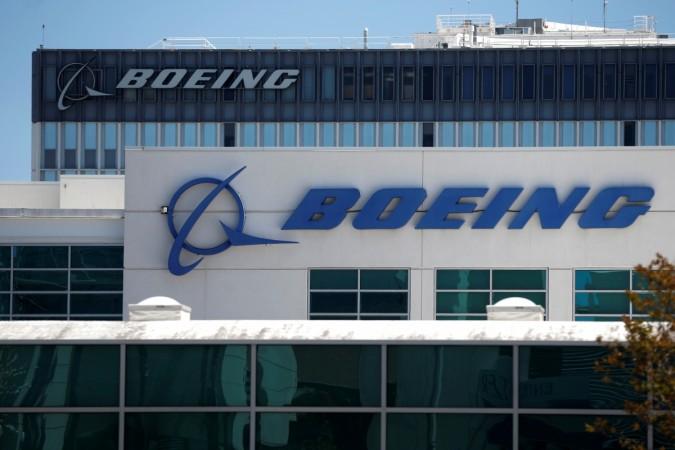
Boeing is working on a new spacecraft that is expected to serve as a capsule to carry NASA astronauts to the International Space Station (ISS). While the capsule is almost ready and right now in the testing phase, the aerospace company is reported to have suffered a "significant setback" during a test in June.
According to a report by the Washington Post, Boeing was running a test of its emergency abort system when officials uncovered a propellant leak. A statement about this issue was released to the Post wherein Boeing said that it has "been conducting a thorough investigation with assistance from our NASA and industry partners. We are confident we found the cause and are moving forward with corrective action."
Discovery of this leak is expected to delay its launch and is being seen as one more setback to the spacecraft that has already seen a fair share of problems. The report points out that the first crew that is to use this spacecraft is about to be announced by Mike Pence, Vice President of the USA in a ceremony in August.
After the retirement of the Space Shuttle programme in 2011, NASA is yet to launch a crew into space, notes the report. All crew launches sine have happened outside NASA, with Russia's help. This comes at a steep price, costing up to $80 million a seat from Earth to the ISS. This is why the space agency is looking to bring this capacity back to the US. In this regard, SpaceX and Boeing play key roles as they are the two companies part of what is called the "Commercial Program".
Boeing's contract under this program is reportedly worth $4.2 billion, while SpaceX's contract is about $2.6 billion for an equal number of flights.
The first test launches with crew on board was supposed to happen by this year, notes the Post, but a recent report by the Government Accountability Office (GAO) said that the Boeing's schedules "are aggressive" and that it "set ambitious—rather than realistic—dates, only to frequently delay them."
SpaceX has also faced its own challenges and is still working towards demonstrating to NASA that it is completely safe after a Falcon 9 rocket exploded during liftoff. Reports suggest that a NASA advisory body recommended that they are still on the fence about exactly how safe their method of topping up their tanks just before launch is. Called "load and go" it gives SpaceX rockets an immense boost of power as the oxygen is filled in just before launch. If there are human astronauts onboard, the oxygen is likely to come in after the crew is in place.
In the GAO report, it was noted that further delays to this Commercial Program could "disrupt access to" the ISS and this is likely to be seen as an enormous embarrassment for NASA, notes the release. NASA is depending on Boeing and SpaceX to carry their astronauts already, but the GAO has said that delays could mean that if the companies' spacecraft are not certified before NASA's runs out of the seats it has purchased aboard Russian rockets, the American presence in the ISS till the 2020s will be in question.









